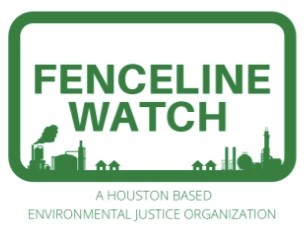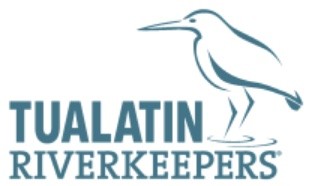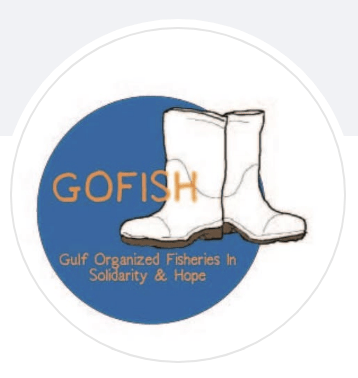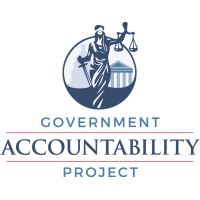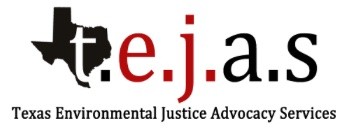
Disaster Response & YOU
The ExitCorexit Campaign advocates 3 separate actions to better protect humans and wildlife from toxic exposures during oil spills and to better prepare our communities for all-hazard disasters.
- Aug. 19, 2024: ALERT and allies petition EPA and United Nations to ban Corexit dispersants
- Dec. 5, 2024: Allies send support letter representing 30 million people to EPA
- Feb. 14, 2024: Health & Safety Task Force recommends health monitoring units for workers and the exposed public as part of disaster response
- Dec. 5, 2024: Louisiana citizens demonstrate community air monitoring network model to hold polluters accountable
News:
- Feb. 12, 2025: EPA denies FOIA request (Freedom of Information Act) filed by ALERT ally Government Accountability Project, claiming EPA does not have Safety Data Sheets (SDS) for newly listed dispersants even though the agency requires a SDS as part of the technical info packet for product listing.
- Feb. 25, 2025: EPA denies ALERT and allies’ petition to delist (remove) Corexit dispersants based on Corexit manufacturer’s failure to provide truthful and current information concerning impacts to human health and the environment. Agency claims it will review ALERT’s petition if manufacturer attempts to relist Corexit dispersants before December 12, 2025.
News:
- April 3, 2025: ALERT petitions the Washington Dept. of Ecology (lead oil spill response agency) and the Washington Dept. of Labor and Industries (state OSHA) for a joint rulemaking to create worker health monitoring units for all-hazard emergency response and to require them as part of oil spill contingency plans.
Latest News from the Campaign
Riki's Blog: Back to the Future
April 20, 2025. I remember the day, 15 years ago, when someone approached me on the Emerald Coast of the Florida Panhandle and asked if I knew anything about “DOSS.”
It was the middle of the BP Deepwater Horizon oil disaster. Some forty miles offshore and a mile under the sea surface, the blown wellhead was still gushing oil. I’d been out since dawn to photograph the beach cleanup workers and the airborne oil particles that had collected in the windward creases of folded beach umbrellas left out overnight.
I didn’t know anything about DOSS then. But I do now. DOSS was the main surfactant ingredient in the Corexit dispersants that were used at depth to try to prevent the oil from rising to the sea surface and, failing that, the dispersants were sprayed on the sea surface to try to prevent the surface oil from reaching the coast. Obviously dispersants did not work as intended, and the aerial spraying likely made things worse by aerosolizing the oil, greatly increasing area of contamination (up to 80 miles inland) and the risk of harm.
Human health and environmental consequences
DOSS is anionic, making it likely to irritate your skin and disrupt your moisture barrier, unlike the non-ionic surfactants used in cold creams and body lotions. Researcher “Rip” Kirby noticed that Corexit dispersants acted like a “built-in absorption accelerant,” making skin absorption of oil (with dispersant) rapid and highly efficient, especially for wet skin.
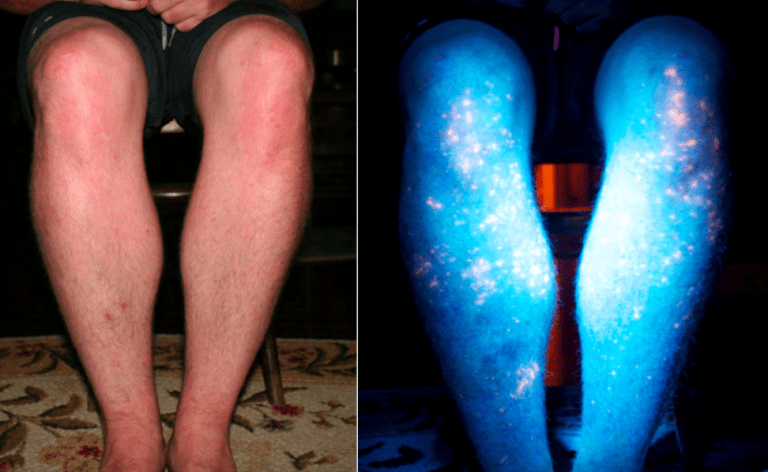
Photos by James Kirby III. 2010. Used with permission.
In August 2011 after a sampling trip, Kirby found that wet skin contact with weathered tar products, created from chemically-dispersed crude oil, resulted in immediate dermal absorption of the fluorescing tar product directly into wet skin. The left photo, taken under ambient light, shows no signs of contaminated skin. However, the right photo, taken under ultraviolet light, shows numerous areas where oil-dispersant mixtures had absorbed into the skin.
As for irritating the skin, one of the first post-spill lab studies found Corexit 9500A was a potent skin sensitizer and DOSS a moderate sensitizer. Sensitizers are mixtures that cause hypersensitivity (an allergic-like reaction) in the skin or respiratory system with repeated or prolonged exposure. Skin and respiratory sensitizers are classified as health hazards, unsafe at any level. Afflicted Gulf Coast residents and workers call the reoccurring, intensely itchy rash, “the suicide itch.”
Consistent with this classification, dispersant exposure in workers was linked respiratory or eye irritation (burning in the nose, throat, lungs, or eyes) at all work locations from land to offshore, regardless of airborne concentrations of oil exposure. Initial oil spill symptoms were later linked with long-term symptom-based asthma, a common hypersensitivity reaction to a respiratory sensitizer.
Beyond respiratory or skin sensitization, Corexit 9527A and DOSS interfered with early differentiation of the brain and spinal cord in mouse embryonal cells, a process critical to survival. DOSS was a major (possibly only) ingredient responsible for the observed adverse effects. Chemical substances or mixtures that are suspected of damaging or may damage fertility or the unborn child are classified as health hazards, unsafe at any level.
DOSS is also an endocrine disrupter, an obesogen that promotes weight gain by interfering with the body’s normal hormonal and metabolic processes in humans and mice. DOSS combined with Span 80 (another surfactant in Corexit dispersants) increased production of fat cells well beyond what either surfactant did alone. Further, DOSS exposure during pregnancy (in mice) led to obesity and endocrine disruption (like metabolic disorder and abnormally high levels of fat in the blood) in adult male offspring.
In cleanup workers, oil spill exposures were also linked with increased cardiovascular symptoms like chest pain, arrhythmia or irregular heartbeats and with increased risk of heart attacks and fatal coronary heart disease. Consistent with findings of endocrine disruption for DOSS, oil spill exposures in workers were also linked with increased risks for longer-term endocrine and metabolic conditions like simple goiters, weight gain, obesity, fatigue, high cholesterol (fat) in the blood, heart attack, stroke, type 2 diabetes, and other health problems.
Health impacts were more pronounced in humans and animals from exposure to oil-dispersant combined than for oil alone in studies that made such comparisons.
Why is all this important now?
Corexit dispersants include DOSS as a major surfactant ingredient. Besides the DOSS-driven harm, the dispersant mixtures were also found to cause long-term harm to the respiratory, integumentary (skin), neurological, urinary and gastrointestinal systems and trigger multiple cancer pathways. When laws changed to require reporting of human health impacts, Corexit dispersants were discontinued.
The three new dispersants currently listed for use – Dasic EcoSafe OSD, Finasol OSR 52 IBC, and Accell Clean DWD 2.0 – are mixtures of solvents and surfactants, similar to the discontinued Corexit dispersants. All three new dispersants also include DOSS and Span 80.
It is simply unrealistic to assume that these new products can be used safely, based on the deadly experience with Corexit dispersants.
What’s next?
- Learn more about the impacts of dispersants in general here.
- Follow our campaign here.
- Subscribe to our newsletter to follow the latest action.
- Read Lesley Pacey's newest blog on the impact of Corexit dispersants, and the BP oil spill.
In solidarity,


Join our growing team of advocates in supporting change.
Liability Dodge: Who is Responsible for Harm Caused by Corexit Dispersant Use?
*Hover over text to see references on timeline.




